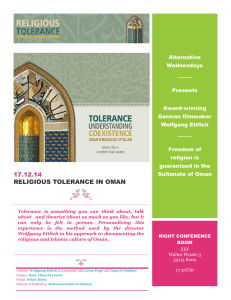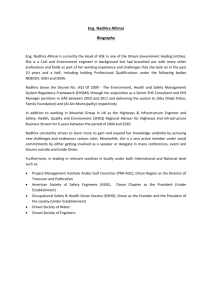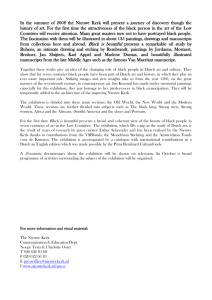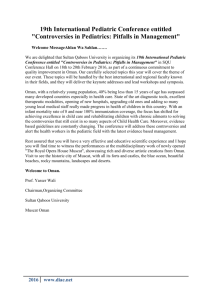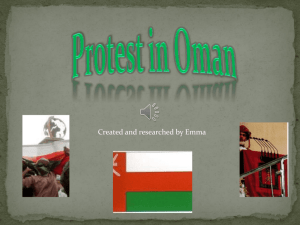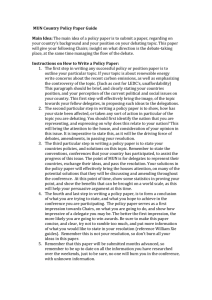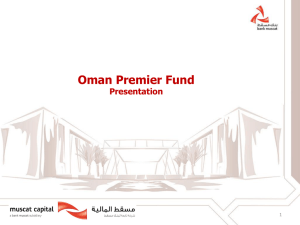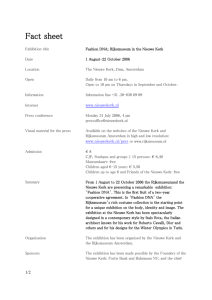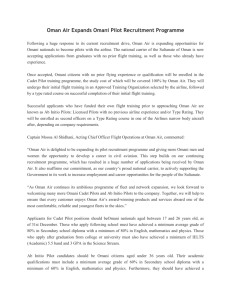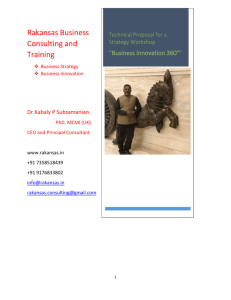Press release In the exhibition Oman, from 17 October 2009 to 18
advertisement
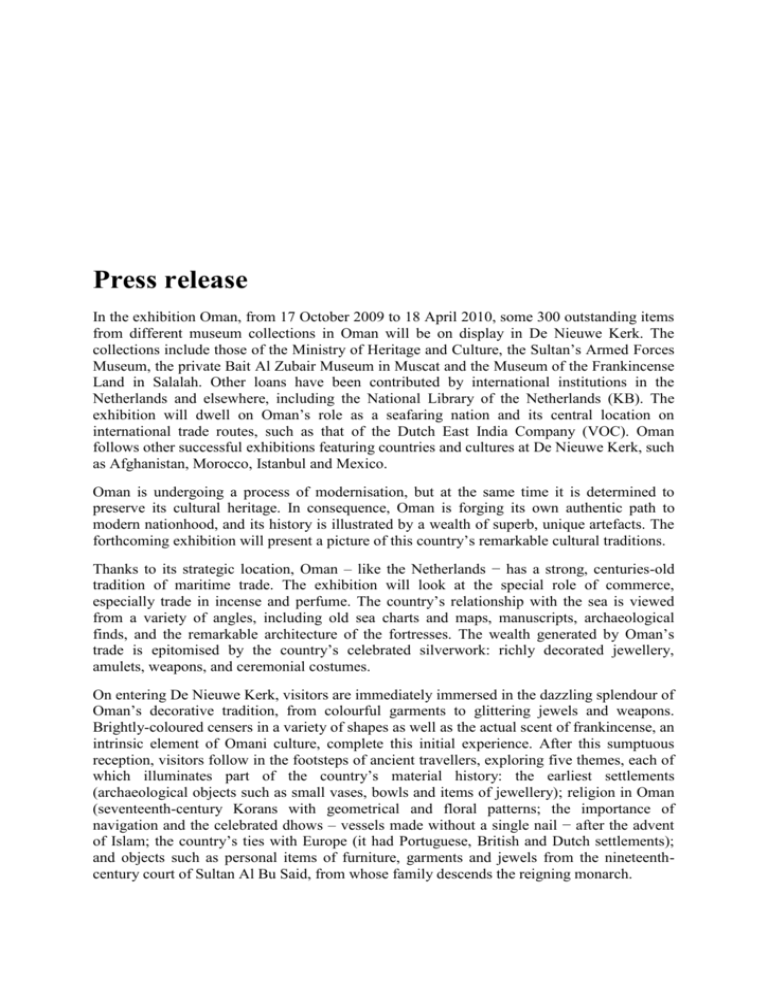
Press release In the exhibition Oman, from 17 October 2009 to 18 April 2010, some 300 outstanding items from different museum collections in Oman will be on display in De Nieuwe Kerk. The collections include those of the Ministry of Heritage and Culture, the Sultan’s Armed Forces Museum, the private Bait Al Zubair Museum in Muscat and the Museum of the Frankincense Land in Salalah. Other loans have been contributed by international institutions in the Netherlands and elsewhere, including the National Library of the Netherlands (KB). The exhibition will dwell on Oman’s role as a seafaring nation and its central location on international trade routes, such as that of the Dutch East India Company (VOC). Oman follows other successful exhibitions featuring countries and cultures at De Nieuwe Kerk, such as Afghanistan, Morocco, Istanbul and Mexico. Oman is undergoing a process of modernisation, but at the same time it is determined to preserve its cultural heritage. In consequence, Oman is forging its own authentic path to modern nationhood, and its history is illustrated by a wealth of superb, unique artefacts. The forthcoming exhibition will present a picture of this country’s remarkable cultural traditions. Thanks to its strategic location, Oman – like the Netherlands − has a strong, centuries-old tradition of maritime trade. The exhibition will look at the special role of commerce, especially trade in incense and perfume. The country’s relationship with the sea is viewed from a variety of angles, including old sea charts and maps, manuscripts, archaeological finds, and the remarkable architecture of the fortresses. The wealth generated by Oman’s trade is epitomised by the country’s celebrated silverwork: richly decorated jewellery, amulets, weapons, and ceremonial costumes. On entering De Nieuwe Kerk, visitors are immediately immersed in the dazzling splendour of Oman’s decorative tradition, from colourful garments to glittering jewels and weapons. Brightly-coloured censers in a variety of shapes as well as the actual scent of frankincense, an intrinsic element of Omani culture, complete this initial experience. After this sumptuous reception, visitors follow in the footsteps of ancient travellers, exploring five themes, each of which illuminates part of the country’s material history: the earliest settlements (archaeological objects such as small vases, bowls and items of jewellery); religion in Oman (seventeenth-century Korans with geometrical and floral patterns; the importance of navigation and the celebrated dhows – vessels made without a single nail − after the advent of Islam; the country’s ties with Europe (it had Portuguese, British and Dutch settlements); and objects such as personal items of furniture, garments and jewels from the nineteenthcentury court of Sultan Al Bu Said, from whose family descends the reigning monarch. For more information, please contact: De Nieuwe Kerk Communication, Education & Marketing Department Pom Verhoeff & Kim van Niftrik Tel. +31 (0)20 626 81 68 pressoffice@nieuwekerk.nl www.nieuwekerk.nl/pers
